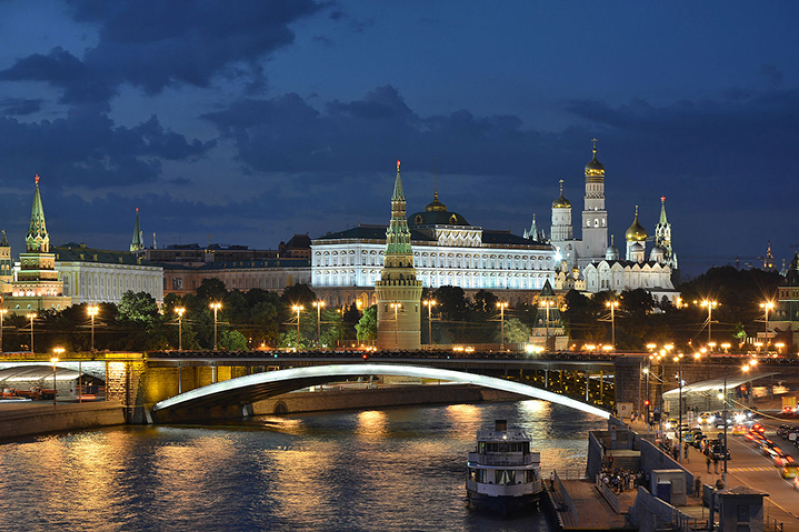
In a turn of event, Russian President Vladimir V. Putin has announced that he would not retaliate against the United States' orders of expelling 35 Russian diplomats from the U.S. and closing two Russian compounds as retaliatory measures to the U.S. Presidential Election hacking.
President Barack Obama, according to CNN, officially announced the action on Thursday which has been deemed as an unprecedented act that could once again trigger tensions with Russia, similar to the Cold War scenario decades back.
In what the administration called the "Significant Malicious Cyber-Enabled Activities," the repot named at least five Russian organizations and four specific individuals having a hand at the election hacking incidents. This was the first time the US government publicly identified persons and groups in a sanction act.
In a statement issued by President Obama, the Russian diplomats and their families were given an ultimatum to leave the country within 72 hours. The sanctions included two of Russia's intelligence services- the GRU and the FSB, with four key personalities working in those agencies, as well as three firms who were found to provide material support to the GRU.
Two other Russian nationals were separately sanctioned who were being sought by the Federal Bureau of Investigation. Alexey Belan and Evgenly Mikhailovich Bogachev were charged for misappropriation of funds and accessing confidential information using cyber- enabled means.
"These actions follow repeated private and public warnings that we have issued to the Russian government, and are a necessary and appropriate response to efforts to harm US interests in violation of established international norms of behavior," Obama said.
An official statement from the White House also said that "Russia's cyberactivities were intended to influence the election, erode faith in US democratic institutions, sow doubt about the integrity of our electoral process, and undermine confidence in the institutions of the US government. These actions are unacceptable and will not be tolerated."
Russia's Foreign Minister also lashed back at the United States and vowed to take similar measures. They have been denying the hacking attacks ever since. Maria Zakharova, Russian Foreign Ministry spokeswoman, said that Russia will take similar measures but did not provide additional details.
President- elect Donald Trump however, maintains his stand and remains skeptical about the hacking of the 2016 US elections by the Russians.
"It's time for our country to move on to bigger and better things. Nevertheless, in the interest of our country and its great people, I will meet with leaders of the intelligence community next week in order to be updated on the facts of this situation," Trump said in a statement.






